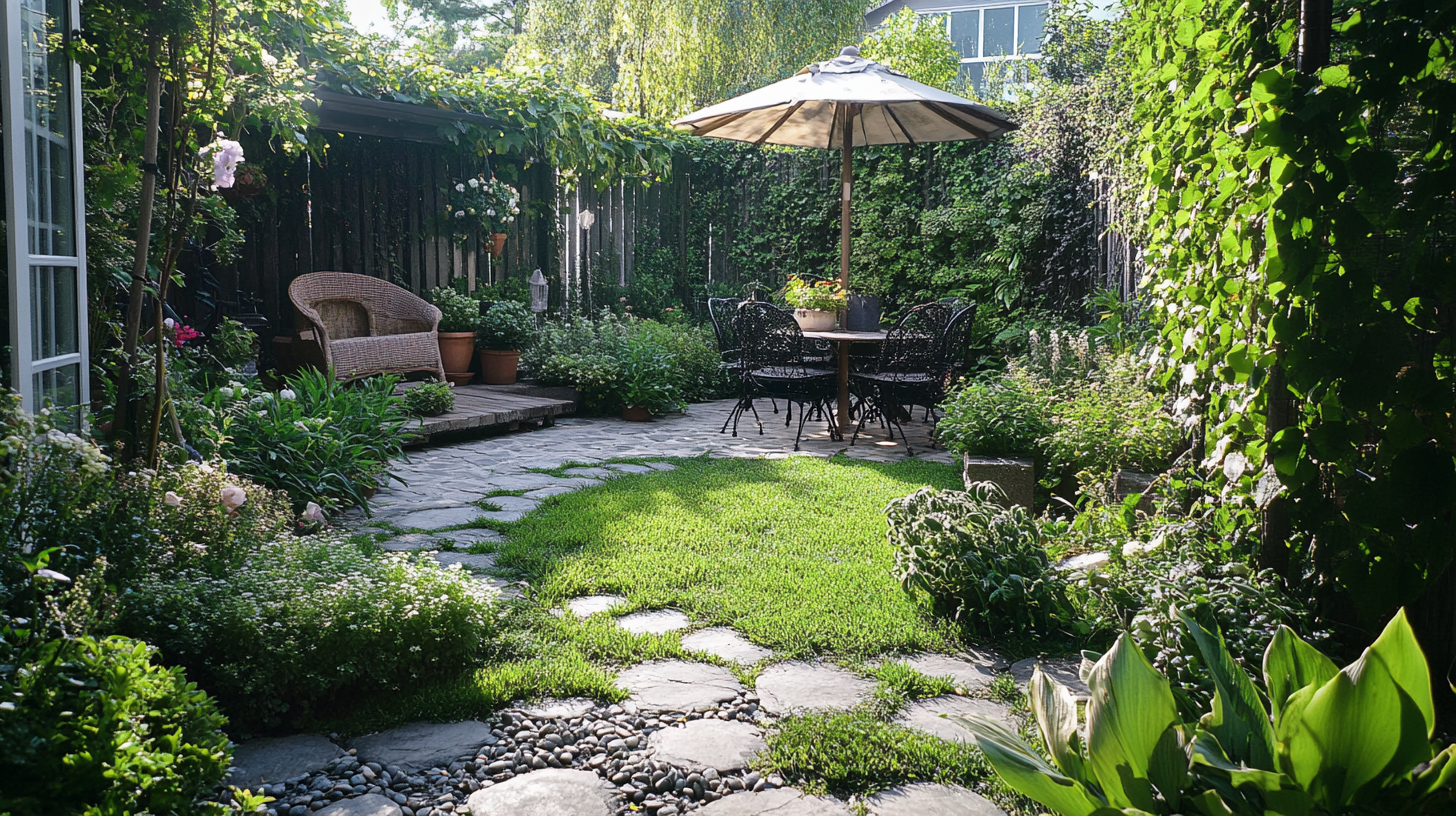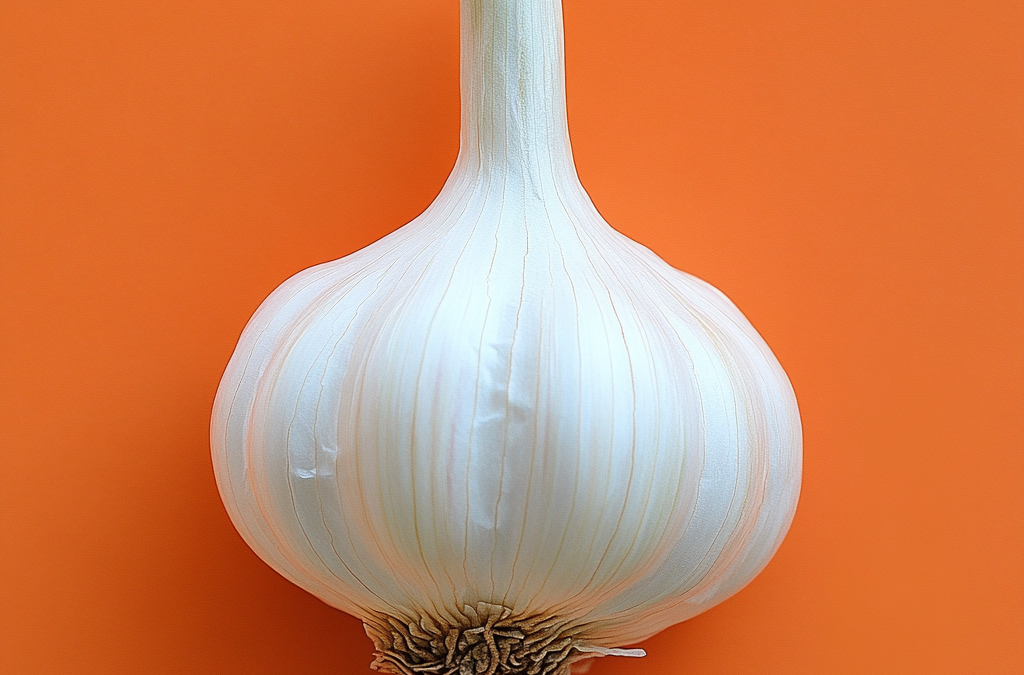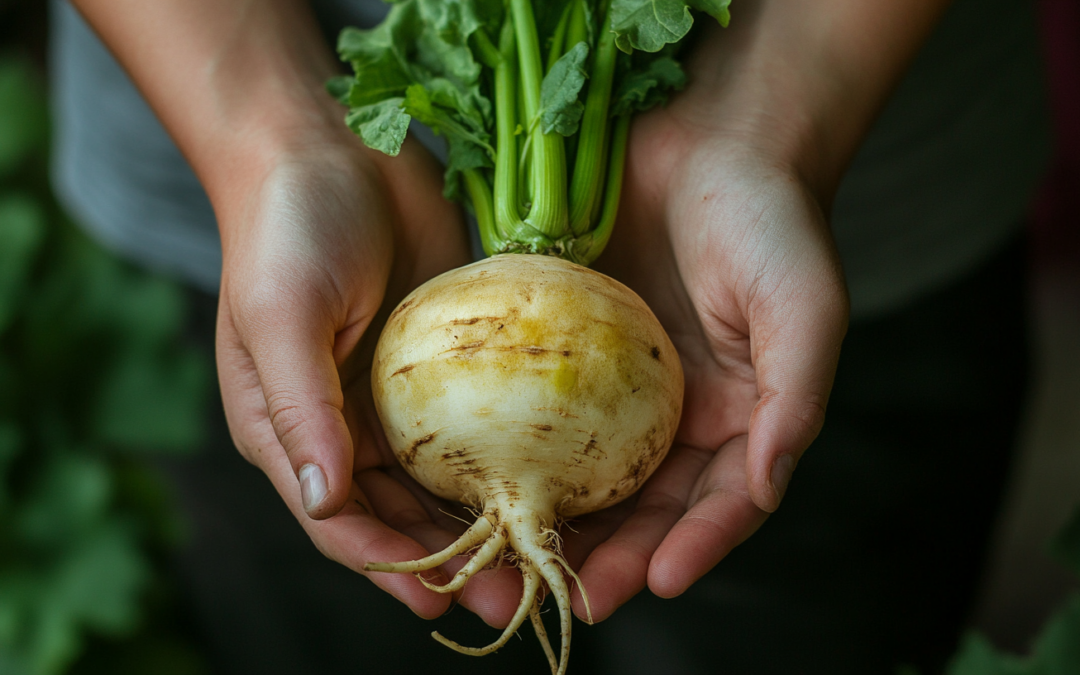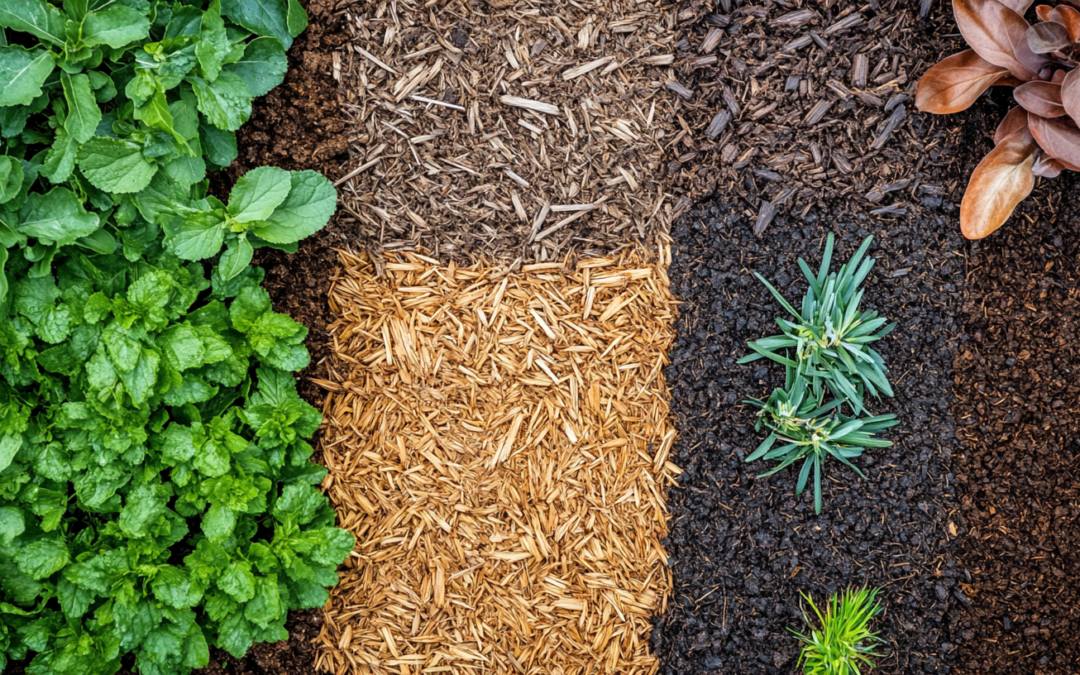Maintaining a small space garden is all about staying organized and efficient. With a bit of planning, your garden can thrive without overwhelming your schedule. Here are some easy maintenance tips to keep your garden looking great:
- Watering Wisely
In small spaces, overwatering can be a problem, especially in containers. Make sure to check the moisture level before watering by sticking your finger into the soil. Water when the top inch feels dry, and always water at the base of the plants to avoid wetting the leaves, which can lead to disease. - Pruning for Health and Shape
Regular pruning helps your plants stay healthy and encourages new growth. Remove dead or yellowing leaves, spent flowers, and any overgrown stems. For plants like tomatoes or peppers, pinch back any side shoots to promote a stronger main stem. - Pest Control
Small space gardens are more vulnerable to pests, but there are natural ways to protect your plants. Try using neem oil or insecticidal soap, and encourage beneficial insects like ladybugs to keep harmful pests in check. Keep an eye on your plants for signs of damage, such as holes in leaves or a sticky residue. - Soil Health
Healthy soil is the foundation of a thriving garden. In containers, replace the top few inches of soil each season to replenish nutrients. You can also mix in compost or organic matter to improve soil structure and fertility. For in-ground gardens, consider mulching to retain moisture and keep the soil healthy. - Rotate Crops
Even in small gardens, crop rotation is essential to avoid soil depletion and pest buildup. Each season, try planting different crops in different spots to maintain soil health and reduce the risk of pests or diseases that target specific plants. - Regular Harvesting
Picking your produce regularly encourages more growth. For leafy greens, like spinach or lettuce, trim the outer leaves, allowing the center to continue growing. For fruiting plants like tomatoes or peppers, pick ripe produce to prevent over-ripening and to keep the plant producing. - Use Mulch
Mulch helps retain moisture, suppress weeds, and regulate soil temperature. Apply a layer of organic mulch like straw, wood chips, or grass clippings around your plants. Just be sure to leave a small gap around the base of the plant to avoid rot. - Support Your Plants
Small space gardens often involve growing plants in containers or small beds, which can lead to overcrowding. Use supports like stakes, cages, or trellises to keep plants upright and prevent them from sprawling out of control. This will help with airflow and prevent disease. - Plan for Seasonal Changes
As the seasons change, so will your garden’s needs. In cooler months, consider adding a layer of frost cloth to protect tender plants. In the spring and summer, ensure your garden gets enough sunlight, and rotate plants accordingly to prevent overcrowding.
By staying on top of these small but essential maintenance tasks, your small space garden will thrive, providing you with fresh herbs, vegetables, and flowers all season long!



